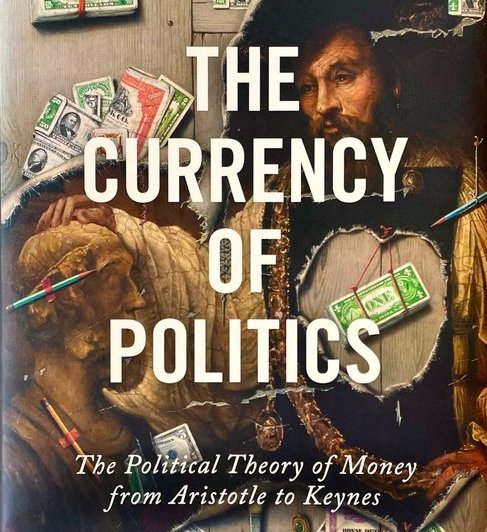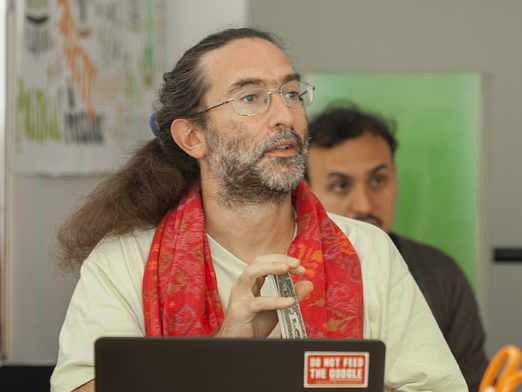
The neoliberal approach to money is that it is apolitical, facilitating exchange without interfering in it. But with the bailouts of 2008 and then COVID, more people understand that money does not work by itself, but must be managed through the political process.
This dichotomy runs all the way through monetary history starting with Aristotle "Money exists not by nature, but by law". Different regimes leaning to different sides and the debate taking different forms in the different contexts of predominantly coin money, paper money, and later with central banks. Eich puts the case that money is always political, but because it doesn't work well when subjected to the whims of democratic governments, its political nature is often deliberately obscured, only to reappear at the next crisis. As Walter Bagehot quipped, "Money doesn't manage itself".
This book presumes the reader already has quite a lot of knowledge of its protagonists and their contexts, namely Aristotle, Locke, Fichte, Marx and Keynes. It covers little after the 1980s, notably excluding the global trend towards central bank independence at the turn of the century.
I got a lot out of it, including several more ideas for future audiobooks.
This is my first 'professional quality' audio book. I did offer it to the publisher, but their process would require me to audition with the publishers preferred audiobook subcontractor and if selected I would be receive payment/royalties. Sorry, I'm don't play those games. If you like the book, don't send me a gift, buy it and give it pride of place on your bookshelf.

Comments